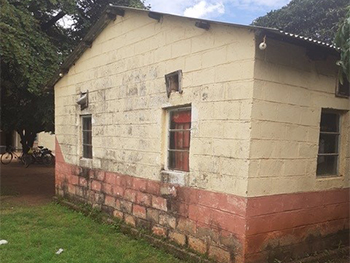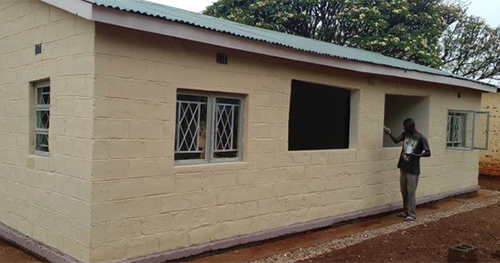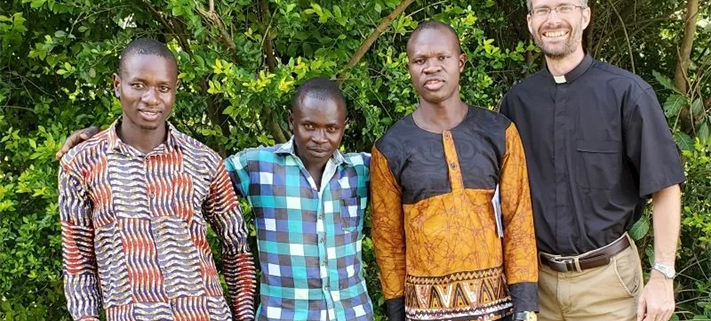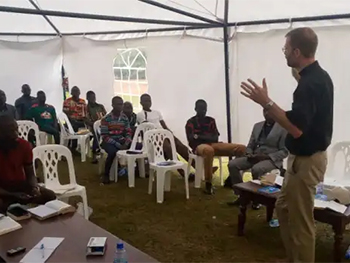CAMM helps address healthcare challenges in Africa
The need for affordable and adequate healthcare is a hot topic for all countries. The Central Africa Medical Mission helps alleviate the need in Malawi, Zambia, and most recently, Kenya. Why is this need so great? Is the healthcare need the same in every country?
Kenya
There is minimal free healthcare in Kenya. If you are sick, the cost for a general consultation is about $14. If surgery or more treatment is needed, and the patient cannot pay, then they may go without care or try and raise funds from their community and family. Recently, CAMM held a four-day medical clinic just outside of Nairobi, Kenya, to do basic health screenings including blood pressure, blood sugars, cervical and breast cancer screenings. We saw many chronic conditions that patients had been suffering through due to the expensive healthcare in the country. With CAMM’s help, the care we provided was free and the cost to CAMM and our Lutheran partners during our short-term medical was about $17 per patient. We pray that those afflicted with illness and disease can find some healing with the therapy and medications received.
Malawi
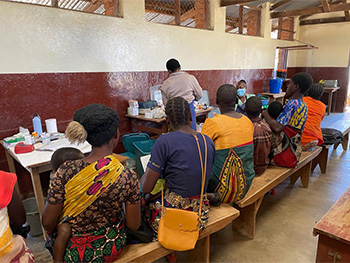
Thunga Clinic in Malawi
CAMM has been operating the Lutheran Mobile Clinic in Malawi since 1970. Staff travel to four rural villages for a day of clinic each week. The clinics focus on providing Christian counseling and education, HIV testing and treatment, malaria treatment, wellness checks, immunizations for children, prenatal care, and treatment of other minor injuries or illnesses. The cost to each patient is about 60 cents, and the cost to CAMM to provide care is about $2.92 per patient. A huge challenge for Malawian patients is medications. One of the main reasons patients visit the CAMM clinics is that they have the medications readily available. Most medications, including antibiotics and blood pressure meds, cannot be found at government run pharmacies. What a blessing that God has provided CAMM with the care and medications the Malawian patients need at an affordable cost.
Zambia
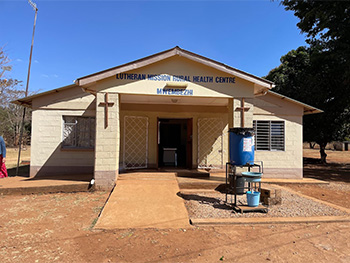
Lutheran Mission Rural Health Centre
The CAMM Lutheran Mission Rural Health Centre, a permanent clinic in Zambia, has been in existence since 1961. It provides preventive health services and outpatient care as in Malawi. In addition to those services, the clinic staff deliver babies, treat patients for HIV and tuberculosis, and do home visits. CAMM is also able to provide the care for the many diabetic patients in the region who cannot receive treatment at the government clinics. The care CAMM offers to each patient arriving at Mwembezhi is free, costing CAMM about $4.94 per patient.
With God’s blessing and healing hand, the clinics in Zambia and Malawi saw over 70,000 patients in 2023 and saw over 1,400 patients in Kenya during the four-day medical camp in February 2024.
Written by Angela Sievert, Central Africa Medical Mission chair.
Subscribe to future Missions Blogs at wels.net/subscribe.
WELS Missions
Learn about the ministry work of WELS Missions.
SUPPORT MISSIONS
Support the ministry work of WELS Missions.

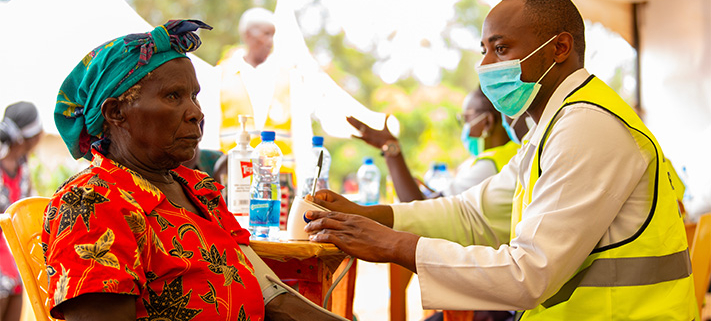
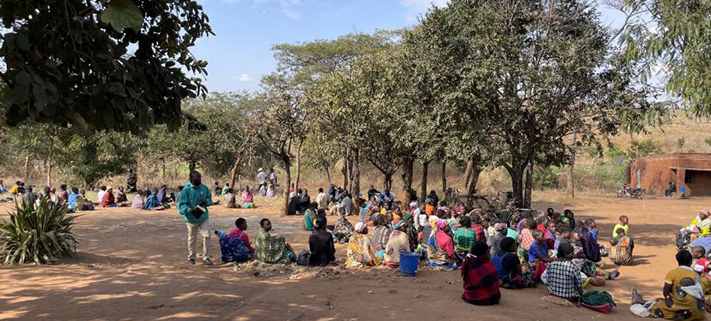
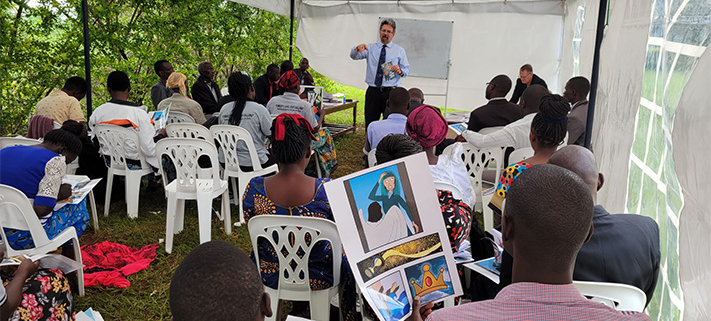
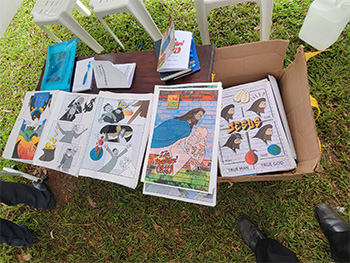
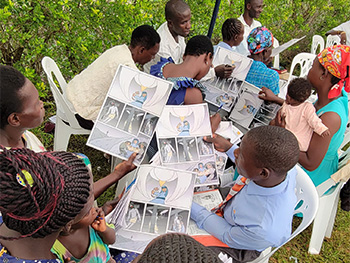
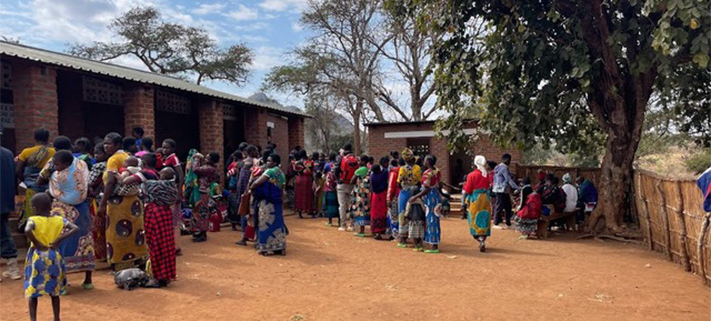
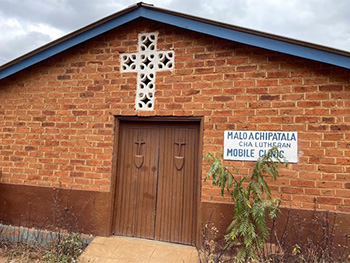
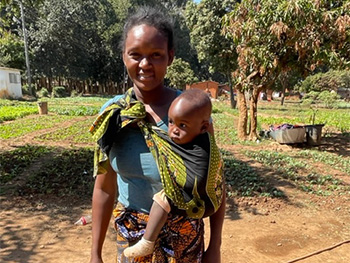
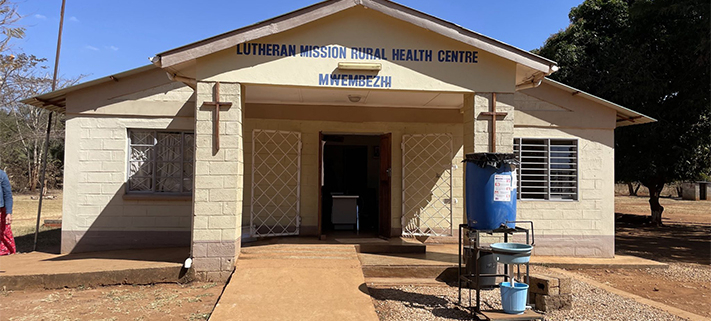
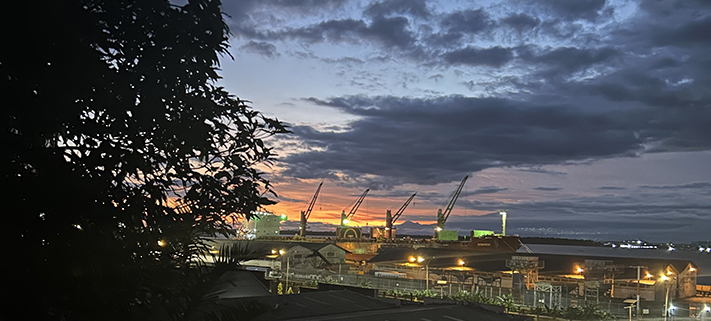
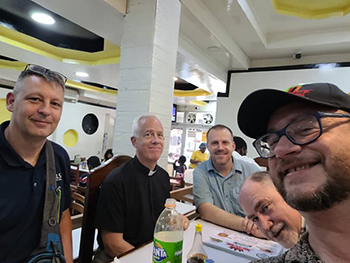
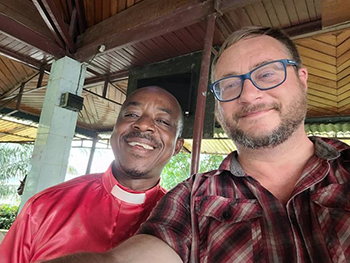
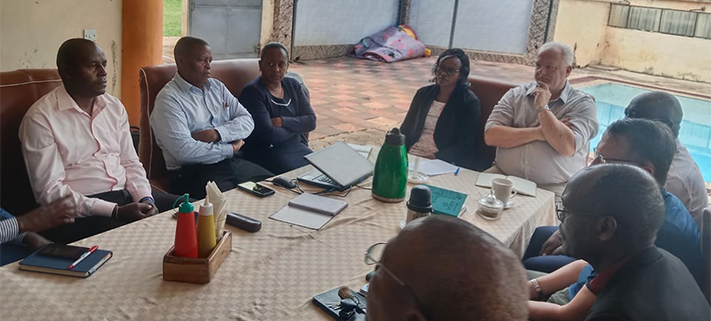
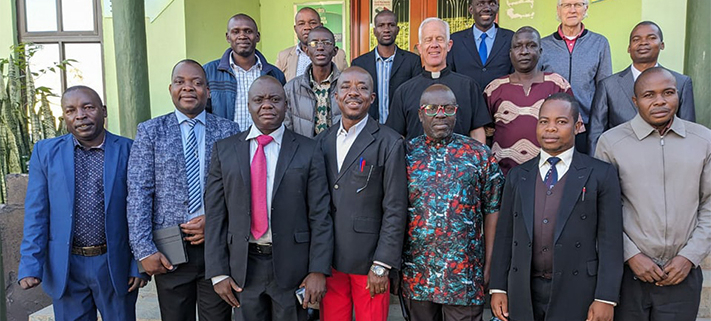
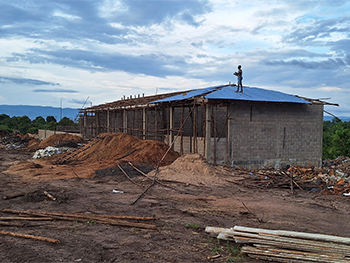
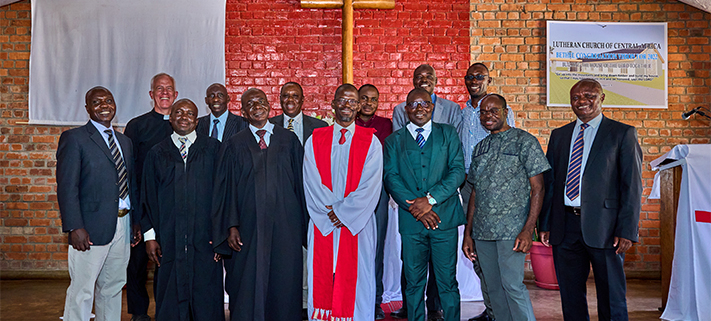
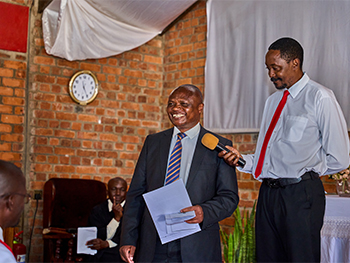
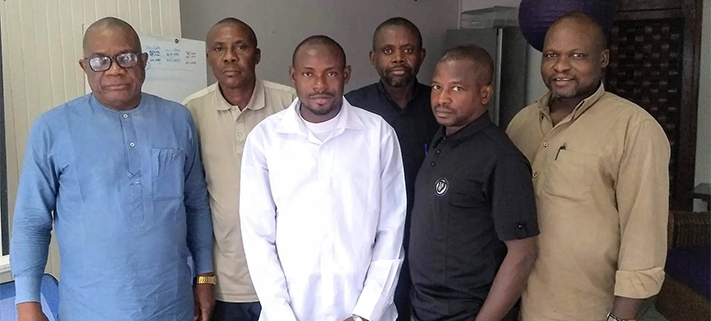
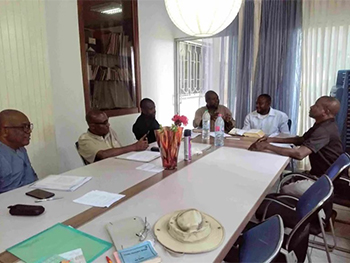
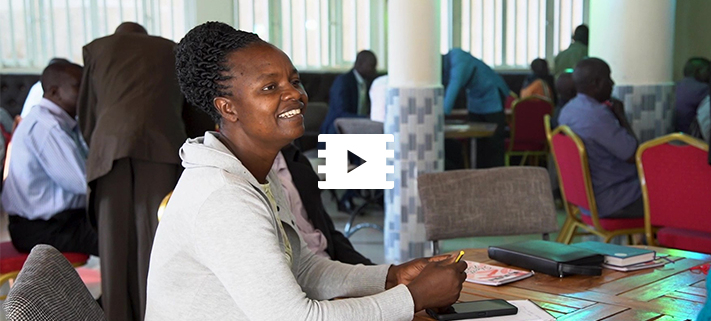
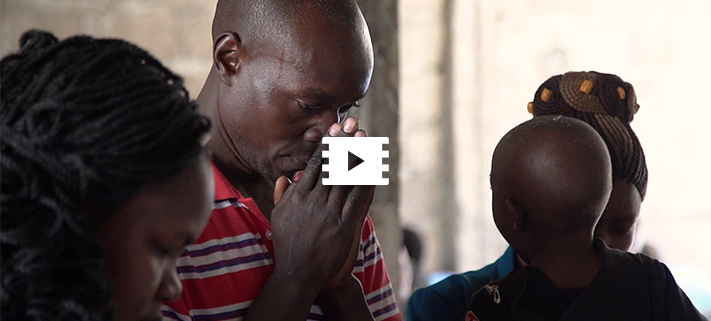
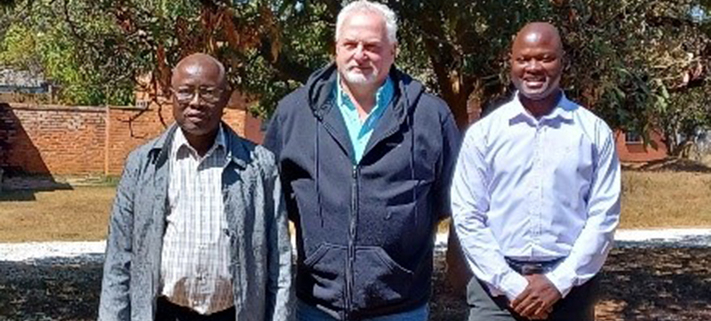
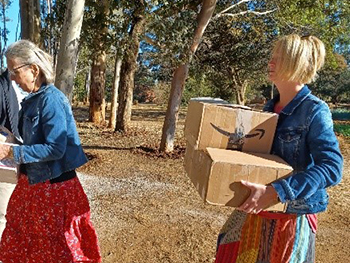
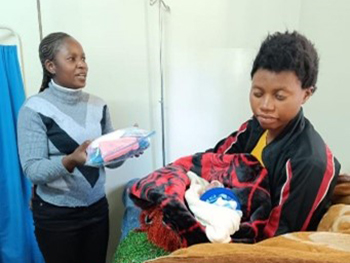
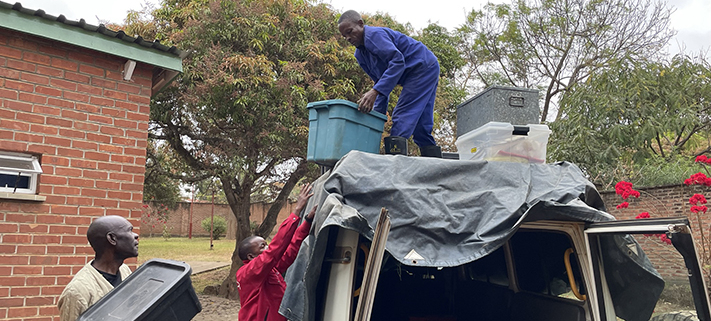
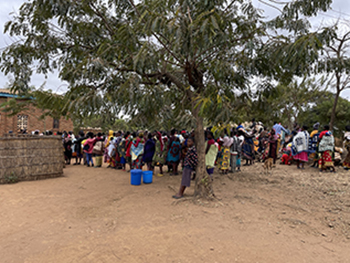
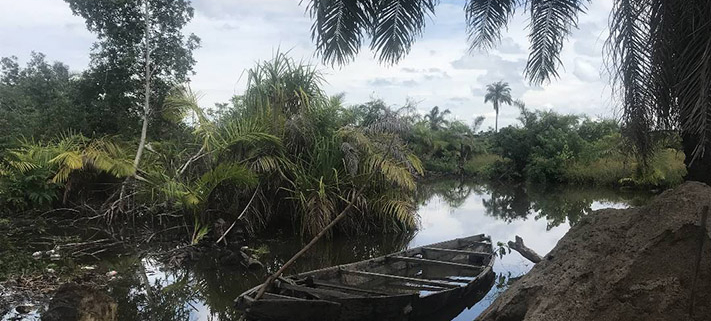
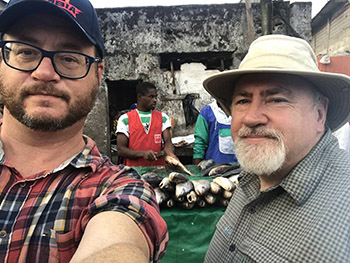
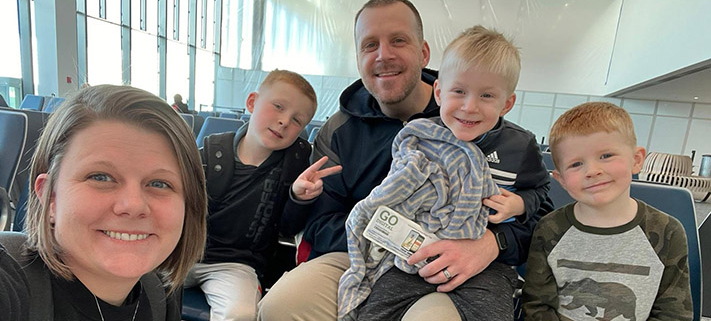
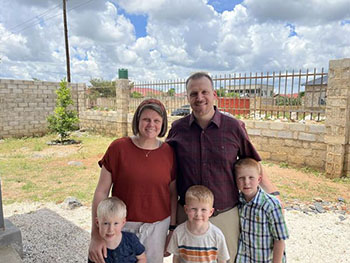
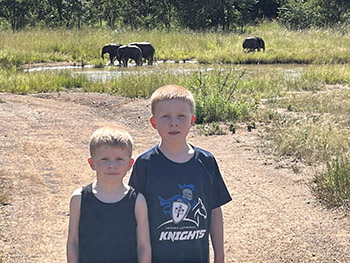
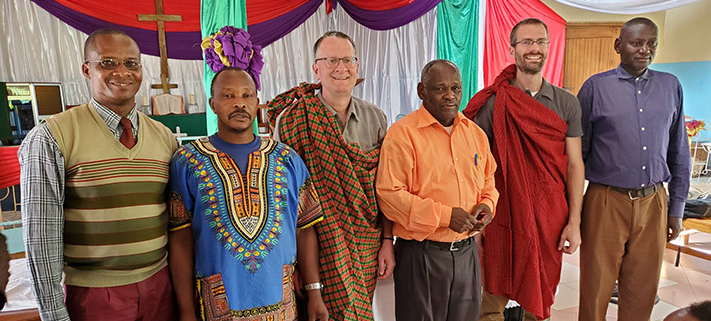
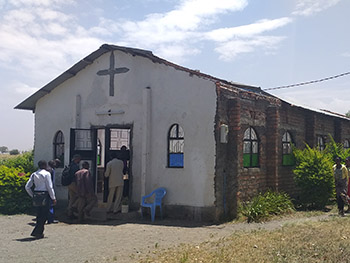
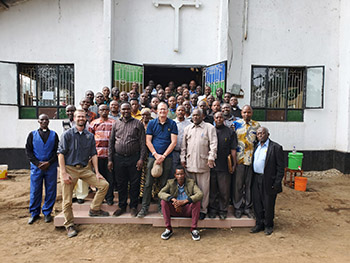
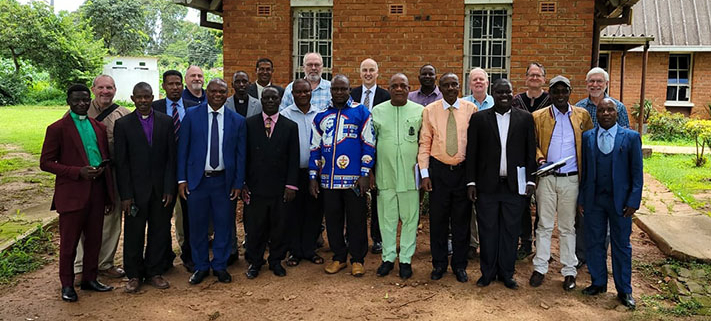
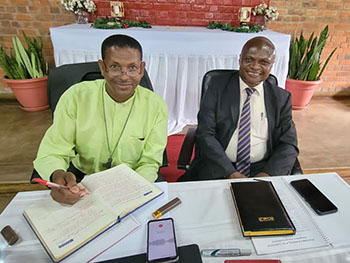
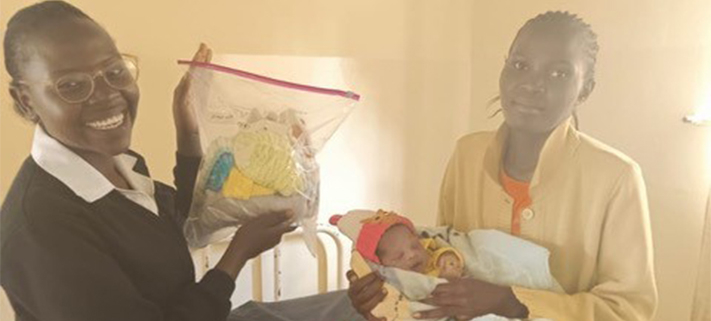
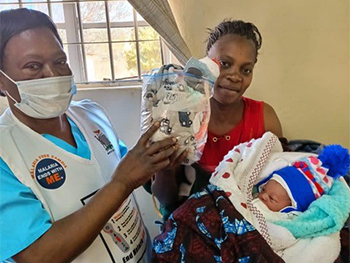 It is not uncommon to hear babies crying in the village of Mwembezhi, Zambia. In Psalm 127:3 it reads, “Children are a heritage from the Lord; offspring a reward from him.” The Central Africa Medical Mission (CAMM) has been helping protect the Lord’s gifts and their mothers for over 60 years. The Lutheran Rural Health Centre in Mwembezhi is located about 60 miles west of Lusaka, in Central Province of Zambia. The clinic provides Christ-centered healthcare services to people within its region. One of the primary functions of the clinic is pre and postnatal care: monitoring pregnant women throughout their pregnancies and then through labor and delivery. In 2021, 197 babies were born at the clinic. In fact, the Zambian government mandates that babies be born at health centers such as Mwembezhi, rather than at home.
It is not uncommon to hear babies crying in the village of Mwembezhi, Zambia. In Psalm 127:3 it reads, “Children are a heritage from the Lord; offspring a reward from him.” The Central Africa Medical Mission (CAMM) has been helping protect the Lord’s gifts and their mothers for over 60 years. The Lutheran Rural Health Centre in Mwembezhi is located about 60 miles west of Lusaka, in Central Province of Zambia. The clinic provides Christ-centered healthcare services to people within its region. One of the primary functions of the clinic is pre and postnatal care: monitoring pregnant women throughout their pregnancies and then through labor and delivery. In 2021, 197 babies were born at the clinic. In fact, the Zambian government mandates that babies be born at health centers such as Mwembezhi, rather than at home.